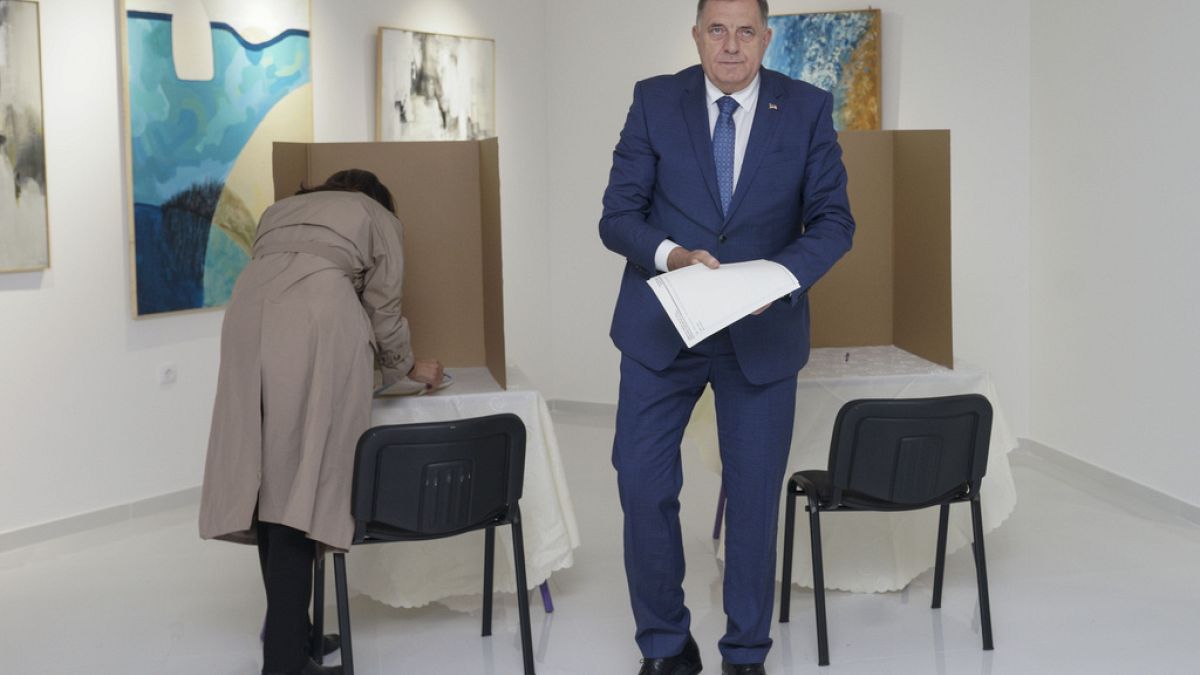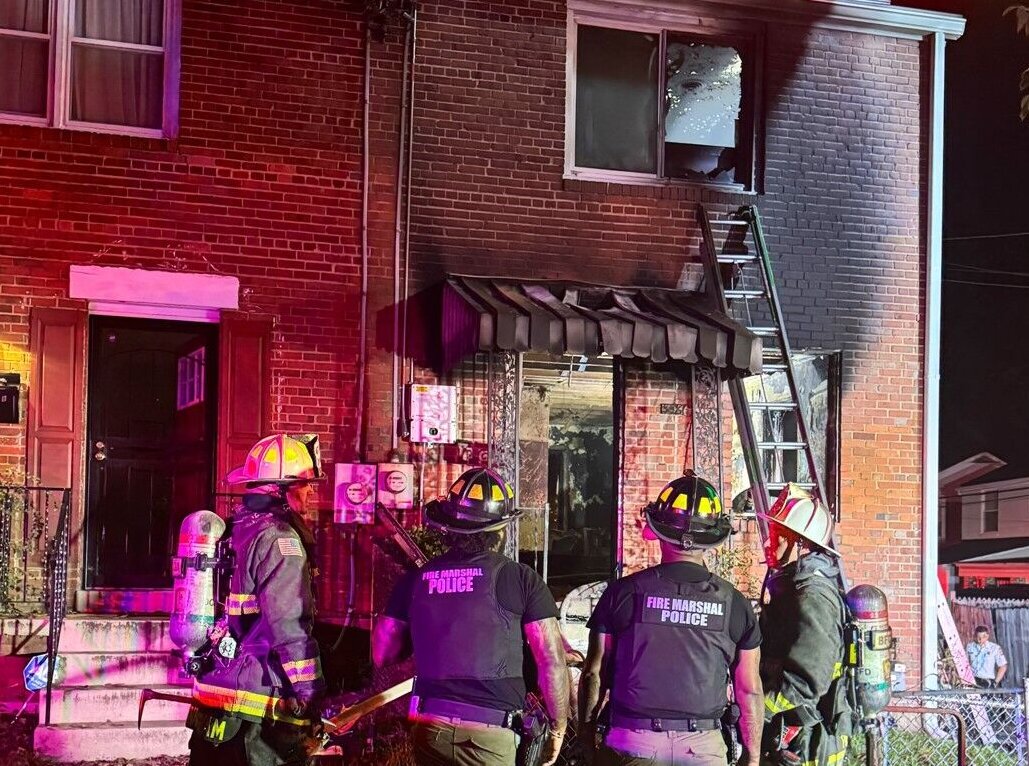Bosnia and Herzegovina recently held local elections amidst ongoing recovery efforts after deadly floods claimed at least 16 lives in the country. The Central Election Commission (CEC) postponed voting in four heavily affected municipalities, but over 110 political parties and 386 mayoral candidates participated in the elections. More than 25,700 candidates competed for local council seats, with electoral reforms funded by the EU and other international bodies to ensure transparency and integrity in the voting process.
International observers, including a delegation from the Council of Europe, monitored the elections, aimed at promoting democracy and stability in Bosnia and Herzegovina. The country’s complex political system, established by the Dayton Peace Accords in 1995 after a devastating war, divided power among the three main ethnic groups and created the Office of the High Representative. This office, funded by the international community, plays a key role in enforcing the peace accords and maintaining stability in the region.
The recent elections highlight Bosnia’s ongoing journey towards peace and reconciliation after years of conflict and division. With international support and efforts to improve the electoral process, Bosnia and Herzegovina aims to strengthen its democracy and move towards a more stable and prosperous future. The participation of a wide range of political parties and candidates reflects the country’s commitment to creating a more inclusive and representative government for all its citizens.
Source
Photo credit www.euronews.com




